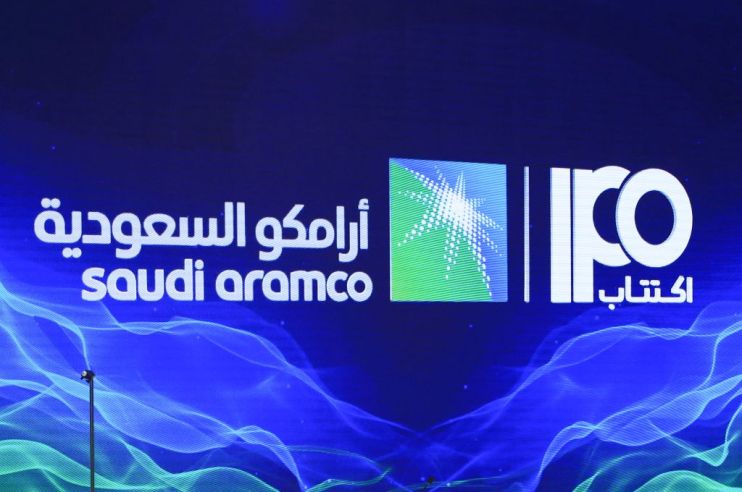Aramco-backed halal fintech opens bank branch in London despite high street bank exodus

Aramco is backing American fintech Wahed as it launches a physical bank in London. However, concerns of a high street bank exodus place question marks over the branch’s future success.
Wahed’s first UK-based physical bank, which opens its doors today on Baker Street, has scored £61m ($75m) from the Saudi Arabian oil giant together with French football star Paul Pogba and a group of investors including Kube VC, Cue Ball Rasameel Investment Company among others.
The halal investing platform, as Wahed describes itself, is targeted towards the UK’s 3.9m Muslims and already has over 300,000 customers worldwide.
Customers can use their Wahed debit card to deposit cash, the value of which is then tracked with the price of gold. Investors will also be able to invest in halal equity funds and Islamic bonds (Sukuk).
Junaid Wahedna, founder and chairman of Wahed, said it’s a way for Muslim — as well as non-Muslim — consumers to beat currency fluctuations and the rising cost of living.
He told City A.M. that “opening a branch on Baker Street allows Wahed to establish itself as a reliable and permanent player in the fintech industry, where companies are known to vanish or pivot unexpectedly”.
The brand new store front sits across the street from British bank HSBC, which is set to close over 100 branches this year.
Physical high street banks are increasingly closing with Lloyds and Halifax shutting operations at 22 and 18 branches respectively from springtime this year.
Over the last five years, banks have noticed a decline in footfall by about 60 per cent.
Despite this, Wahedna believes the fintech’s unique model and target audience will prevent it from suffering the same fate as its more powerful counterparts.
“The UK Muslim population is underbanked and faces challenges related to financial literacy, so our physical presence will serve as a tangible representation of our commitment to this market and our clients.”
While British online-only banks like Revolut and Monzo have taken off in the UK, Wahedna says this model does not appeal to Muslims who want to see a “physical presence” before trusting a bank with their money.
The New-York based fintech was born in 2015 when Junaid Wahedna couldn’t find an existing answer to the financial problems faced by his Muslim community. He wanted to find an investment model that aligned with their ethical and religious beliefs.
Since 2015, Wahedna has been on a mission of helping everyday people through technology and an ethically grounded model of investment.
Wahed’s website says they have employed “world-class Shari’ah scholars to ensure that all returns are halal”. The bank has a sharia-compliant investment management and advice service.